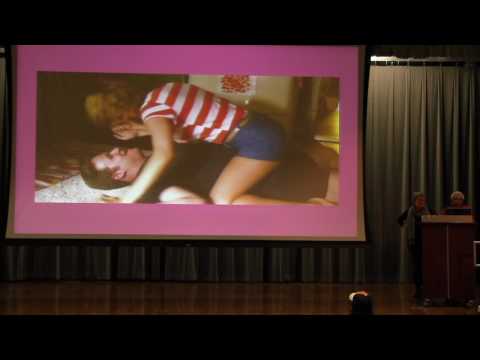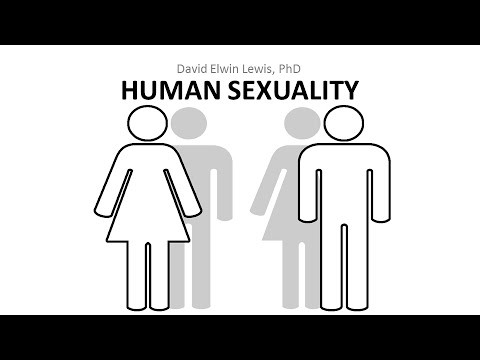What is HUMAN SEXUALITY? What does HUMAN SEXUALITY mean? HUMAN SEXUALITY meaning & explanation.
Human sexuality is the capacity of humans to have erotic experiences and responses. A person’s sexual orientation can influence their sexual interest and attraction for another person. Sexuality may be experienced and expressed in a variety of ways; including thoughts, fantasies, desires, beliefs, attitudes, values, behaviors, practices, roles, and relationships. These may manifest themselves in biological, physical, emotional, social, or spiritual aspects. The biological and physical aspects of sexuality largely concern the human reproductive functions, including the human sexual response cycle and the basic biological drive that exists in all species. Physical and emotional aspects of sexuality include bonds between individuals that is expressed through profound feelings or physical manifestations of love, trust, and care. Social aspects deal with the effects of human society on one’s sexuality, while spirituality concerns an individual’s spiritual connection with others. Sexuality also impacts and is impacted upon by cultural, political, legal, philosophical, moral, ethical, and religious aspects of life.
Interest in sexual activity typically increases when an individual reaches puberty. Opinions differ on the origins of an individual’s sexual orientation and sexual behavior. Some argue that sexuality is determined by genetics; some believe it is molded by the environment, and others argue that both of these factors interact to form the individual’s sexual orientation. This pertains to the nature versus nurture debate. In the former, one assumes that the features of a person innately correspond to their natural inheritance, exemplified by drives and instincts; the latter refers to the assumption that the features of a person continue to change throughout their development and nurturing, exemplified by ego ideals and formative identifications.
Genetic studies work on the premise that a difference in alleles corresponds to a variation in traits among people. In the study of human chromosomes in human sexuality, research has shown that “ten percent of the population has chromosomal variations that do not fit neatly into the XX-female and XY-male set of categories”.
Evolutionary perspectives on human coupling, reproduction and reproduction strategies, and social learning theory provide further views of sexuality. Socio-cultural aspects of sexuality include historical developments and religious beliefs. Examples include Jewish views on sexual pleasure within marriage and some views of other religions on avoidance of sexual pleasures. Some cultures have been described as sexually repressive. The study of sexuality also includes human identity within social groups, sexually transmitted infections (STIs/STDs), and birth control methods.
0 views
Date: December 14, 2017
Related videos







